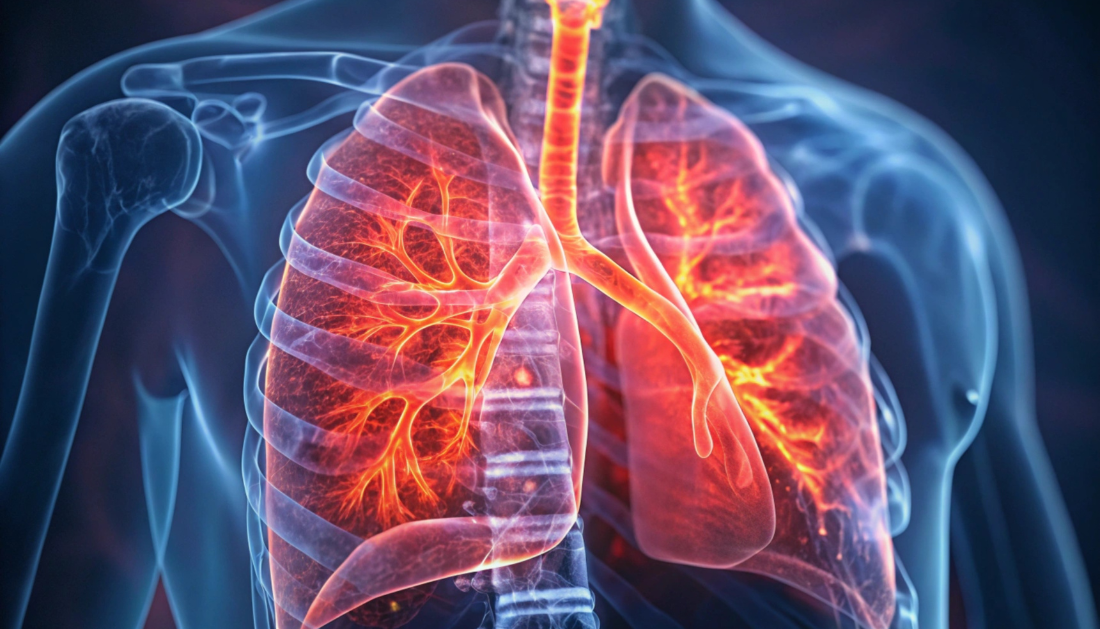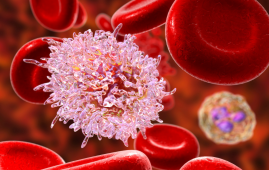

A New Approach: Hypnosis Improves NIV Tolerance in Acute Respiratory Failure Patients
Acute respiratory failure is a life-threatening condition requiring immediate intervention. Standard treatment often involves non-invasive ventilation (NIV) to improve oxygenation and lower carbon dioxide levels. However, many patients experience severe anxiety and discomfort from the tight-fitting mask, leading to poor compliance and the need for sedation or invasive ventilation.
A pilot study presented at the European Emergency Medicine Congress has shown that medical hypnosis significantly improves patient comfort, tolerance, and outcomes during NIV sessions. This non-pharmacological method could serve as a low-cost, drug-free adjunct in emergency respiratory care.
Explore All Emergency Medicine CME/CE Conferences and Online Courses
Non-Drug Support: Hypnosis for Respiratory Failure (Study & Design)
The study, led by Dr. Tobi Hamza at the Mohammed V Military Teaching Hospital in Rabat, Morocco, included 20 patients with acute respiratory distress between December 2023 and May 2024.
- Control group (10 patients): Received standard NIV and anti-anxiety medication if needed.
- Hypnosis group (10 patients): Received a guided hypnosis session before and during NIV.
The hypnosis protocol involved three stages:
- Calming induction phase – voice guidance, breathing synchronization, and visual imagery.
- Deepening phase – reducing anxiety and dissociating from mask-related discomfort.
- Therapeutic suggestion phase – promoting safety, trust, and cooperation.
Researchers assessed tolerance using comfort scores, blood gas measurements (oxygen, carbon dioxide, pH), sedation requirements, and the need to switch to invasive ventilation.
Key Findings: Better Comfort, Less Sedation
Results showed a remarkable improvement in the hypnosis group:
- 80% of patients completed NIV without sedation, compared to 50% in the control group.
- Comfort scores were significantly higher (7.5 vs. 4.3 out of 10).
- Reduced agitation and shorter emergency department stays were observed.
- Greater reduction in blood carbon dioxide levels and improved pH balance after four hours.
Dr. Hamza noted, “Hypnosis offers a non-invasive, drug-free way to improve NIV tolerance, decrease patient distress, and potentially enhance clinical outcomes.”
While promising, the study’s small size and single-center design mean further large-scale research is needed to confirm these findings and assess long-term benefits.
Implications for Emergency Care
Hypnosis could transform respiratory care by improving adherence to NIV, reducing the need for sedation, and enhancing patient safety. Training emergency physicians and respiratory therapists in this technique may increase accessibility and standardize care for patients with acute respiratory failure.
Source:
more recommended stories
 Phage Therapy Study Reveals RNA-Based Infection Control
Phage Therapy Study Reveals RNA-Based Infection ControlKey Takeaways (Quick Summary) Researchers uncovered.
 Safer Allogeneic Stem Cell Transplants with Treg Therapy
Safer Allogeneic Stem Cell Transplants with Treg TherapyA new preclinical study from the.
 AI in Emergency Medicine and Clinician Decision Accuracy
AI in Emergency Medicine and Clinician Decision AccuracyEmergency teams rely on rapid, accurate.
 Innovative AI Boosts Epilepsy Seizure Prediction by 44%
Innovative AI Boosts Epilepsy Seizure Prediction by 44%Transforming Seizure Prediction in Epilepsy Seizure.
 Bee-Sting Microneedle Patch for Painless Drug Delivery
Bee-Sting Microneedle Patch for Painless Drug DeliveryMicroneedle Patch: A Pain-Free Alternative for.
 AI Reshapes Anticoagulation in Atrial Fibrillation Care
AI Reshapes Anticoagulation in Atrial Fibrillation CareUnderstanding the Challenge of Atrial Fibrillation.
 Hemoglobin as Brain Antioxidant in Neurodegenerative Disease
Hemoglobin as Brain Antioxidant in Neurodegenerative DiseaseUncovering the Brain’s Own Defense Against.
 Global Data Resource for Progressive MS Research (Multiple Sclerosis)
Global Data Resource for Progressive MS Research (Multiple Sclerosis)The International Progressive MS Alliance has.
 AI Diabetes Risk Detection: Early T2D Prediction
AI Diabetes Risk Detection: Early T2D PredictionA new frontier in early diabetes.
 Cancer Cells Learn to Self-Report: A New Frontier in Immunotherapy
Cancer Cells Learn to Self-Report: A New Frontier in ImmunotherapyHow a Drug Complex Enables Immune.

Leave a Comment